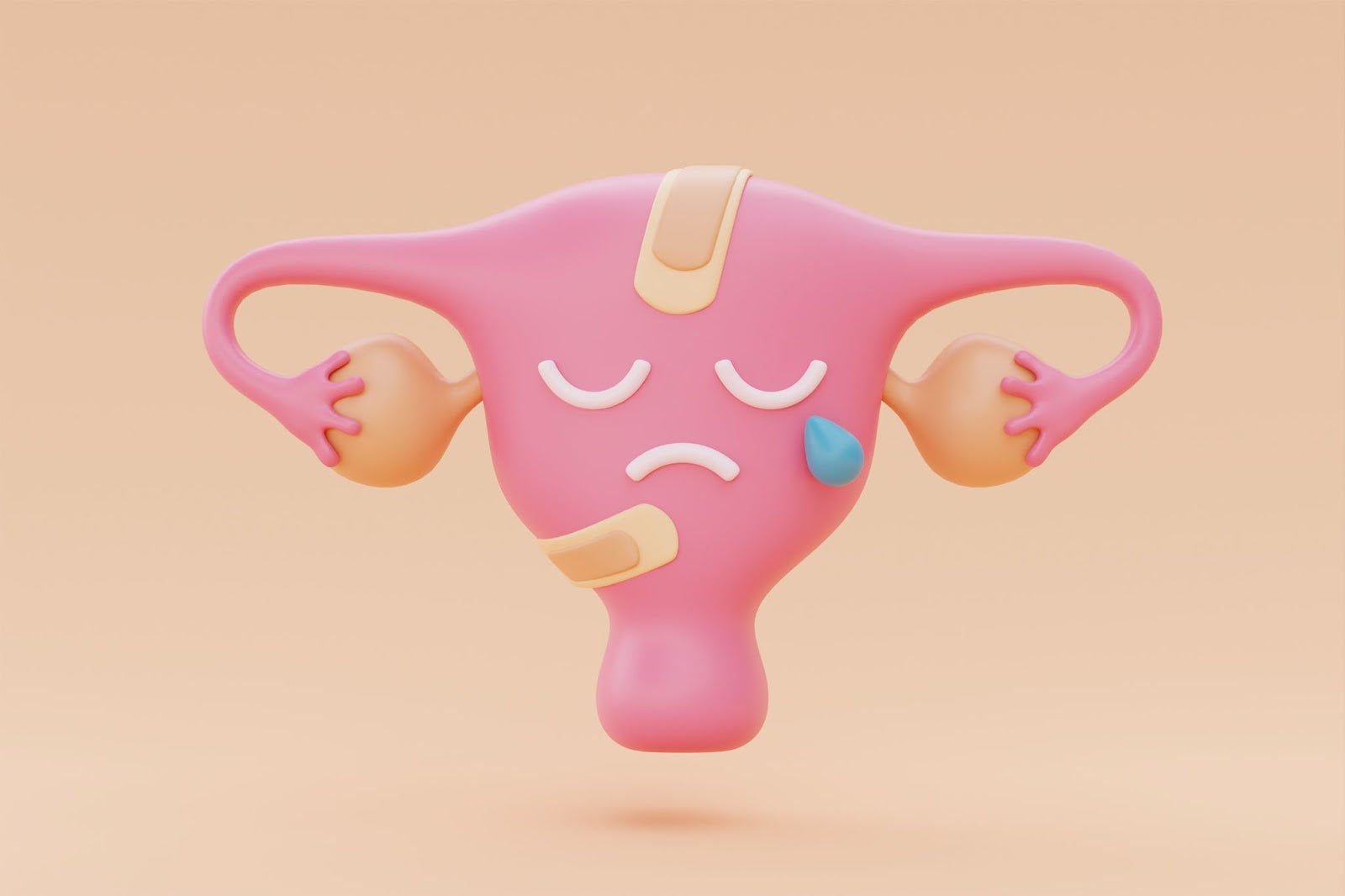Lactation is a physiologically demanding period for women, marked by profound hormonal changes and increased nutritional needs. The body adapts to support breast milk production, but without adequate dietary intake, these changes can lead to nutritional deficiencies. Understanding the hormonal shifts and their implications is key to maintaining optimal health during this period.
Key Hormonal Changes During Lactation
1. Prolactin
-
Role: Stimulates milk production in the mammary glands.
-
Mechanism: Secreted by the anterior pituitary gland, prolactin levels rise significantly after childbirth, especially in response to infant suckling.
-
Impact: Elevated prolactin inhibits ovulation by suppressing the hypothalamic-pituitary-ovarian axis, leading to temporary amenorrhea.
2. Oxytocin
-
Role: Responsible for milk ejection or “let-down” reflex.
-
Mechanism: Released from the posterior pituitary when the baby suckles,
triggering the contraction of the myoepithelial cells around alveoli in the breast
3. Estrogen and Progesterone
-
Postpartum Decline: Both hormones fall rapidly after delivery, allowing
prolactin to act unopposed.
-
Function During Pregnancy: While they previously stimulated the breast
development, their reduction is necessary for lactogenesis (milk production) to begin.
4. Cortisol, Insulin, and Thyroid Hormones
-
These hormones regulate metabolism and energy use, playing supportive roles in maintaining the energy balance necessary for milk synthesis.
Causes of Nutritional Deficiencies During Lactation
The production of breast milk requires additional calories, macronutrients, and micronutrients. Nutrient deficiencies arise due to:
-
Increased Nutrient Demand: Lactating women require approximately 500 extra kcal per day, as well as higher levels of protein, calcium, iodine, zinc, and B vitamins.
-
Inadequate Dietary Intake: Busy schedules, postpartum fatigue, and food insecurity may contribute to poor nutrition.
-
Depletion of Maternal Stores: Pregnancy itself often depletes iron, calcium, and folate stores, which are further taxed during lactation.
-
Malabsorption or Preexisting Conditions: Conditions such as thyroid dysfunction or celiac disease can impair nutrient absorption.
Common Nutrient Deficiencies
1. Iron: Often depleted during pregnancy and childbirth; required for energy and to prevent anaemia.
2. Calcium: Essential for bone health; if dietary intake is insufficient, the body draws calcium from maternal bones.
3. Vitamin D: Supports calcium absorption; deficiency is common and affects both mother and baby.
4. Vitamin B12 and Folate: Critical for energy metabolism and neurodevelopment of the infant.
5. Iodine: Vital for thyroid hormone production, especially important for infant brain development.
6. Omega-3 Fatty Acids (DHA): Important for the development of the infant’s brain and retina.
Recommended Supplements During Lactation
While a well-balanced diet is ideal, supplements can help fill nutritional gaps. Commonly recommended supplements include:
-
Postnatal Multivitamins: Specifically formulated to include higher levels of key nutrients like vitamin D, calcium, and B vitamins.
-
Iron Supplements: Recommended if the mother is anemic or has low ferritin levels.
-
Vitamin D3: A daily intake of 6002000 IU may be advised, especially for women with limited sun exposure.
-
Omega 3 Fatty Acids (DHA): 200300 mg/day is often recommended to support infant brain development.
-
Calcium and Magnesium: Supplements are beneficial if dietary intake is low, especially in women who are vegan or lactose intolerant.
-
Iodine: WHO recommends 250 mcg/day during lactation, which can be met through iodised salt or supplements.
Suggested Supplements at PicPax
Tips for Supporting Nutritional Health During Lactation
-
Eat nutrient-dense meals: Focus on whole foods rich in lean proteins, healthy fats, whole grains, and colourful fruits and vegetables.
-
Stay hydrated: Fluid intake is critical for maintaining milk supply.
-
Monitor for symptoms: Fatigue, hair loss, brittle nails, or frequent illness may signal nutritional deficits.
-
Consult a healthcare provider: Before starting supplements, discuss individual needs with a doctor or dietitian.
Conclusion
Lactation is a time of incredible physical change and nutritional demand. While the body naturally adapts to support milk production, meeting these needs through diet alone can be challenging.
Understanding hormonal shifts and addressing potential deficiencies with the right supplements can help maintain both maternal health and infant development.
Support your journey with confidence, explore PicPax’s curated range of lactation-friendly supplements, designed to help you stay nourished, energised, and thriving throughout this vital phase.
References
1.Academy of Nutrition and Dietetics. (2020). Nutrition During Lactation
2.World Health Organization. (2009). Infant and young child feeding: Model Chapter for
textbooks
3.Institute of Medicine (IOM). (2006). Dietary Reference Intakes: The Essential Guide to
Nutrient Requirements.
4.Neville, M. C., & Morton, J. (2001). Physiology and endocrine changes in the lactating
human breast. Pediatric Clinics of North America, 48(1), 13–34.
5.Picciano, M. F. (2003). Pregnancy and lactation: physiological adjustments, nutritional
requirements and the role of dietary supplements. The Journal of Nutrition, 133(6),



